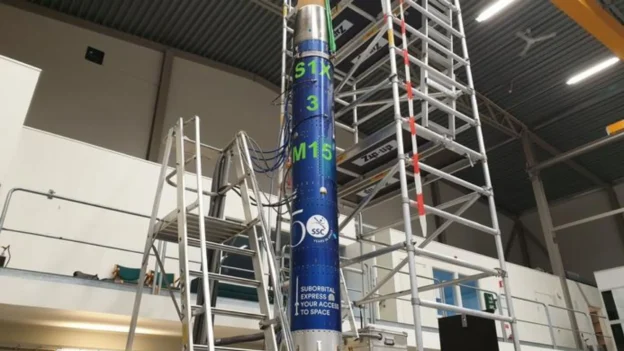A team of Australian researchers has demonstrated, through a rocket test, that some bacteria beneficial to human health can withstand the extreme conditions of space travel, including accelerations of up to 30 g and prolonged microgravity.
The microbial rocket test that withstands space
The study, developed by RMIT University in collaboration with ResearchSat and Numedico Technologies, evaluated the behavior of Bacillus subtilis spores after being launched to the edge of space on a rocket probe from Sweden. The bacteria, known for their role in gut health and the immune system, were exposed to intense acceleration, weightlessness for more than six minutes and violent atmospheric re-entry.
The results were surprising: the spores showed no alterations in their structure or growth capacity once recovered. This confirms their viability as part of future life support systems for prolonged off-Earth missions.
Study co-author Professor Elena Ivanova mentioned that the discovery advances the design of space habitats that rely on microbes to maintain astronauts’ health. “Our research shows that these organisms can survive conditions that simulate flights to Mars, which expands the possibilities for human colonization on other planets.”
Professor Gail Iles stressed that the knowledge generated can also guide the development of new scientific missions to detect life forms outside the Earth. detect life forms outside the Earth, as well as medical and biotechnological applications in extreme environments. as well as medical and biotechnological applications in extreme environments.
The experiment was supported by a 3D printed microtube system designed by ResearchSat and the launch infrastructure of the Swedish Space Agency. Sample manipulation and analysis was performed at RMIT’s advanced microscopy facilities, with capabilities to study structural changes at the nanometer scale .
This research improves the path to safer manned interplanetary travel, and at the same time, lays the groundwork for the use of microorganisms in the development of antibacterial therapies and biotechnology solutions adapted to extreme environments.
Source and photo: EurekAlert

